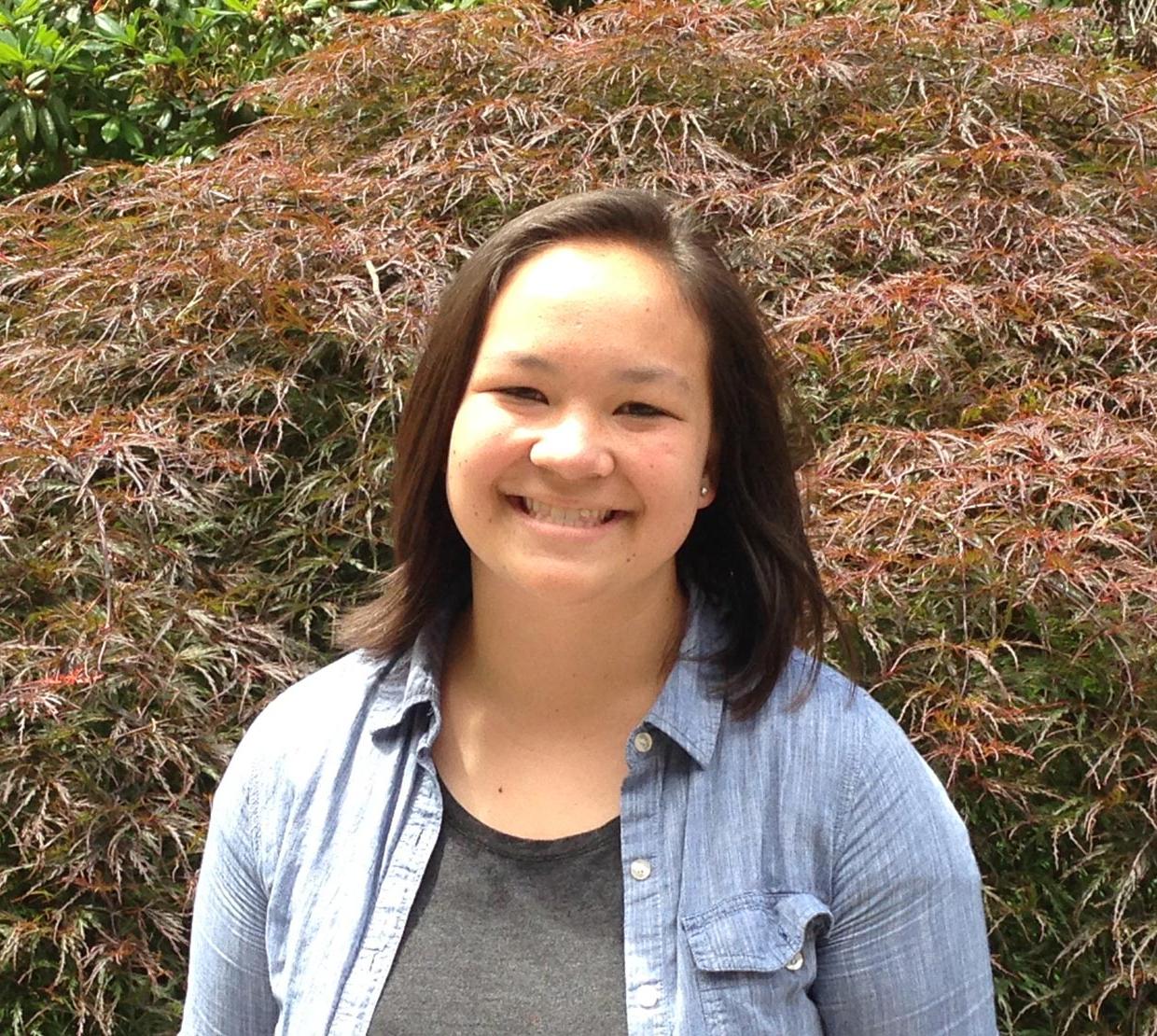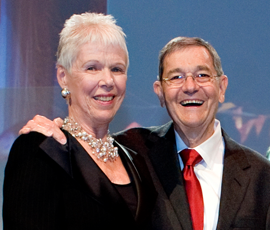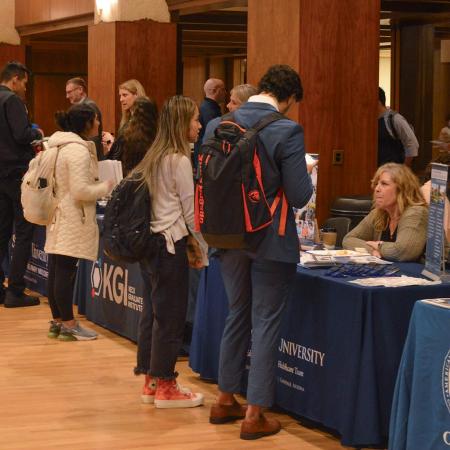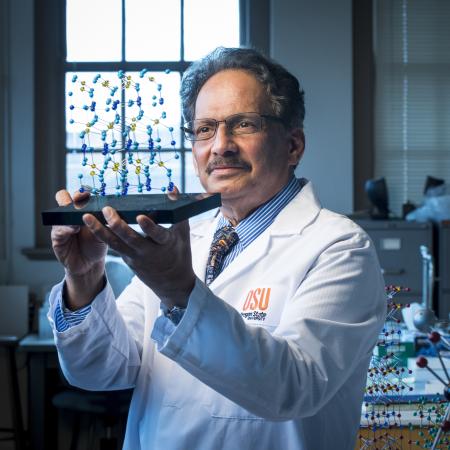Cassandra Lew, a junior chemistry major and research assistant in Sandra Loesgen’s lab, uses a variety of instrumentation and spectroscopic techniques to isolate and study pathogens in soil samples in order to determine their cytotoxicity, or how toxic they are to cells, and their antibiotic properties. Loesgen's lab researches the discovery and evaluation of natural products that can be developed into drugs.
Lew was recently awarded the prestigious DAAD RISE (Research Internships in Science and Engineering) fellowship to conduct research this summer in Germany. She will work with professor Axel Brakhage at the Institute of Microbiology in the Friedrich Schiller University of Jena. Brakhage is a leader in fungal natural products, genetics and chemical biology.
A native of Rock Springs, Wyoming, Lew received her first research award as a freshman. A talk on research opportunities for undergraduates inspired her to successfully apply for the URSA Engage scholarship (Undergraduate Research, Scholarship, and the Arts).
URSA Engage, which is designed to foster mentoring relationships between undergraduates and faculty, led Lew to Loesgen. With a love for organic chemistry cultivated in high school, Lew learned of research opportunities in Loesgen’s lab. She contacted Loesgen and was immediately attracted to the prospect of studying soil bacteria and molecules to discover anticancer treatments.
“It was something I had never heard of. I thought it was very cool that we would try to study naturally occurring biological agents for drug sources rather than synthesize and create our own products,” says Lew, who started work in Loesgen’s lab after receiving the URSA Engage research funds.
In yet another exciting accomplishment, Lew has recently won the 2nd Keith McKennon Memorial Scholarship. McKennon's family established the scholarship for meritorious chemistry majors in honor of the towering legacy McKennon left behind as a scientific leader who oversaw the growth of chemical sciences and chemical process industries during the twentieth century.
Graduating with a bachelor's degree in agricultural chemistry in 1955, McKennon enjoyed a long, distinguished and varied career as a top research chemist, sales manager, public relations director and chief executive with Dow Chemical Company, Dow Corning Corporation and PacifiCorp.




